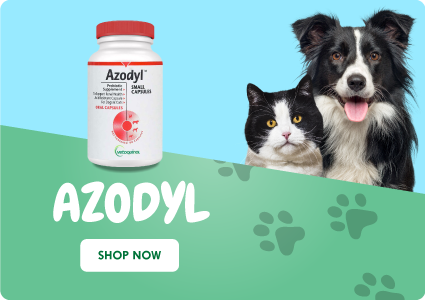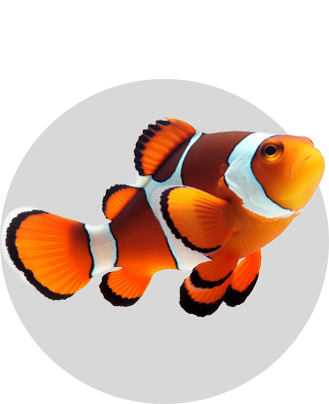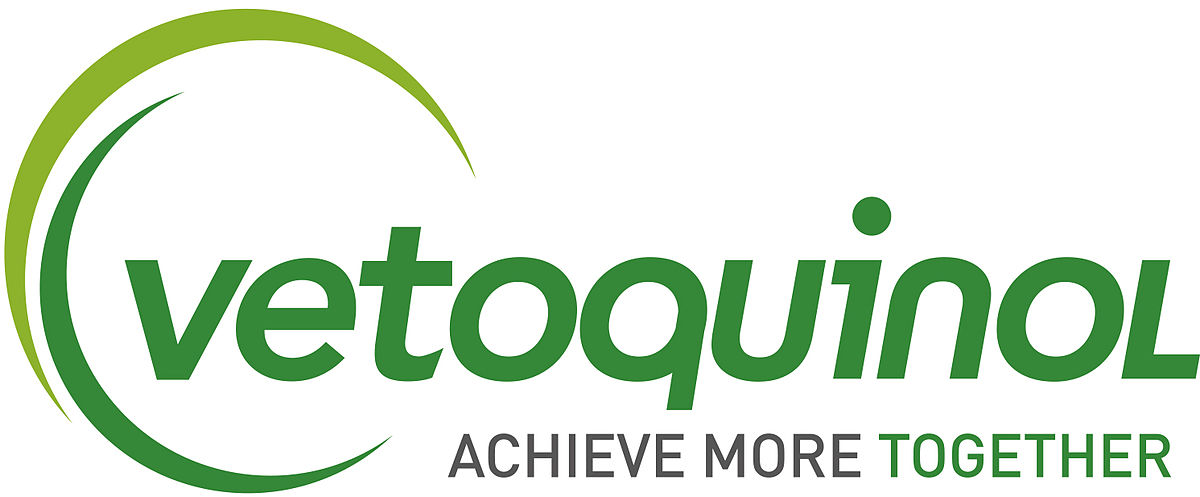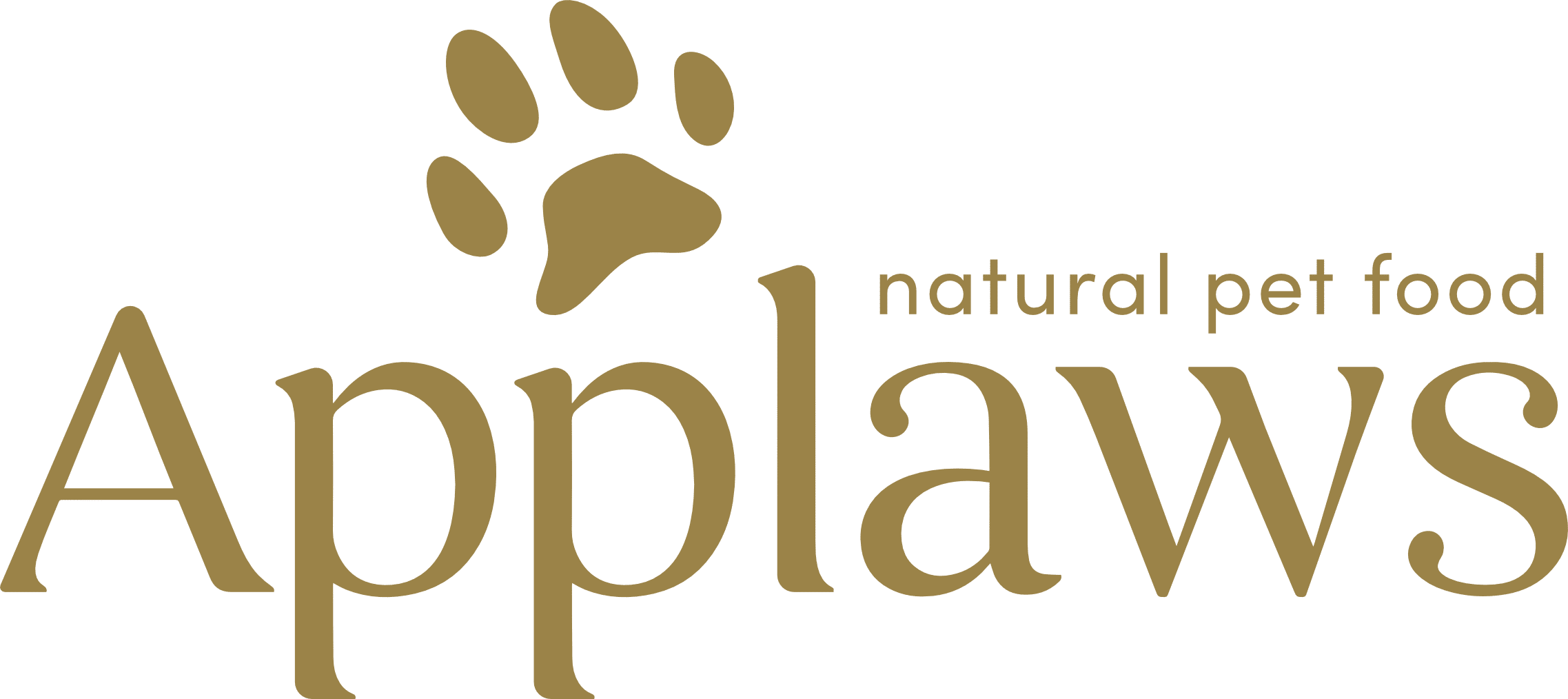TOP PRODUCTS
PET HEALTH SOLUTIONS







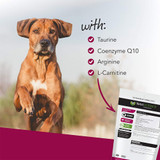
Cardio Strength
VetriScience Vetri Cardio Canine are veterinarian-formulated dog chews designed to support optimal heart health. They contain a synergistic blend of heart-healthy substances and amino acids like...


Liqui-Tinic
PRN Liqui-Tinic 4X is for oral use as a nutritional supplement supplying iron, B complex vitamins, liver, and amino acid. Recommended for large and small animals as well as exotic species and zoo...


Nature's Blend
Dr. Marty Nature's Blend Healthy Growth is a premium, freeze-dried raw puppy food designed to provide the protein and healthy fats your pup needs for optimum development. Each batch is filled with...


INABA Veterinarian Formula Churu Nourish. Made with lickable ingredients that taste like tuna and chicken, Inaba Churu cat treats are high in moisture and made to keep your cat healthy. Easy-to-use...
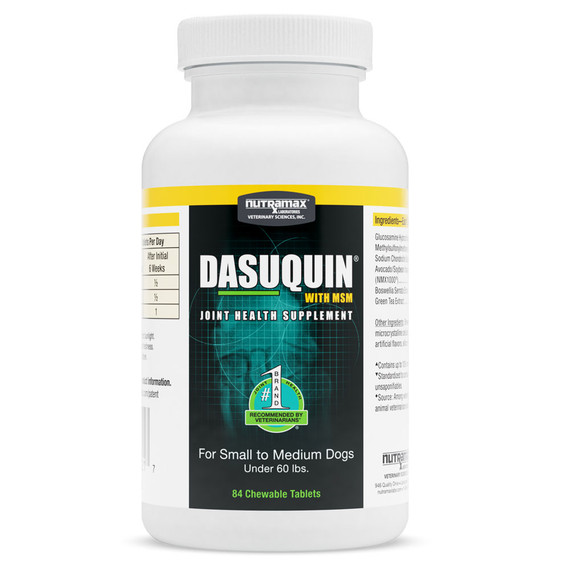
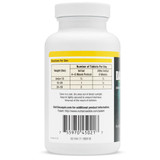
Dasuquin
Dasuquin with MSM Chewable Tablets for Small/Medium Dogs is a premium joint health supplement that contains the combination of glucosamine hydrochloride, chondroitin sulfate and avocado/soybean...


Azodyl
Azodyl is a breakthrough, non-prescription medication that helps support kidney health. Each coated Azodyl tablet contains a patented formula of beneficial bacteria that reduce toxin build up in the...


Lean Treats
Made with Skinless Chicken in bite-sized pieces, lean treats are fun and tasty but low in fat to help you maintain a healthy weight for your best friend. These pieces can be easily broken to help...


Fortiflora


Bacteria, viruses and fungi can cause a wide range of skin infections in dogs and cats. These infections are usually characterized by itching and the presence of a rash consisting of bumps or...


Panacur
Panacur C (fenbendazole) is used to treat hookworms, roundworms, tapeworms, and whipworms in dogs. It is used by veterinarians to treat other parasites as well. It is available as 1Gm, 2Gm and 4Gm...


Dasuquin
Dasuquin for Cats Capsules is a premium joint health supplement that contains a combination of glucosamine hydrochloride, chondroitin sulfate and avocado/soybean unsaponifiables (ASU) that helps...
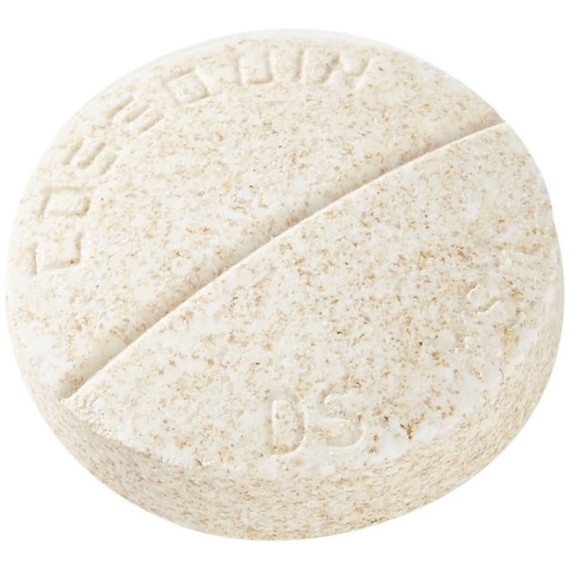

Cosequin
Cosequin Maximum Strength Plus MSM contains glucosamine hydrochloride, sodium chondroitin sulfate, and methylsulfonylmethane (MSM). This combination of ingredients help support healthy cartilage...
PET HEALTH SOLUTIONS







Take 20% off your first order
Enter the code below at checkout to get 20% off your first order
